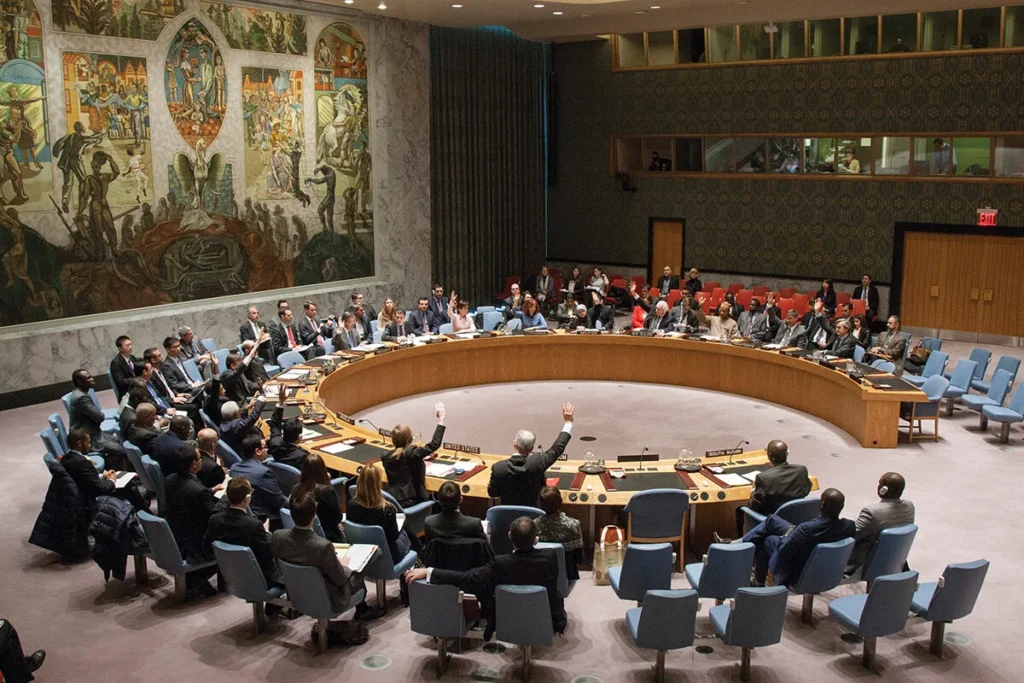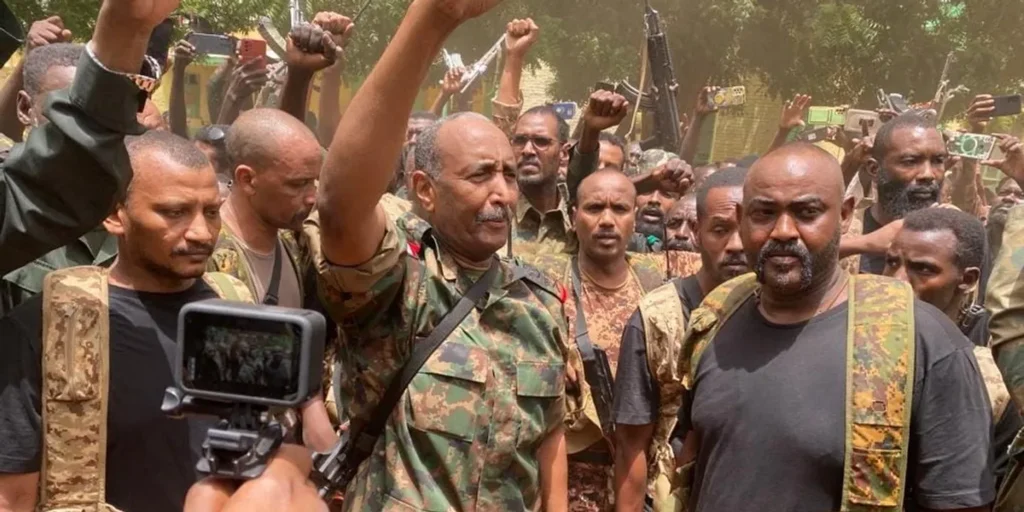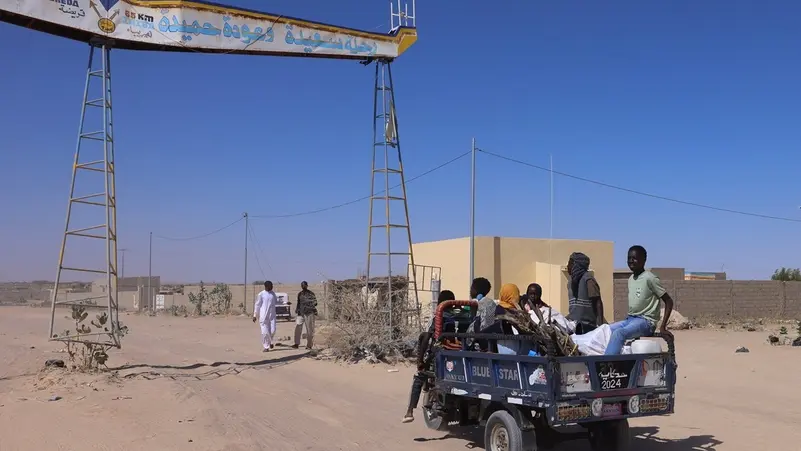
The United Arab Emirates (UAE) has vehemently denied allegations it is arming the Rapid Support Forces (RSF), an armed group locked in a conflict with Sudan’s Burhan forces. This accusation comes after a leaked UN document found “credible” evidence of weapons shipments to the RSF.
Compiled by experts for the UN Security Council, the report, seen by the Financial Times but not yet publicly released, details several weekly cargo plane deliveries of weapons and ammunition to an airport in Chad, ultimately reaching the RSF at the Sudanese border.
Despite the strong UAE denial, claiming the flights solely carried humanitarian aid for a hospital they established, some analysts believe the Gulf state’s alleged support is crucial for the RSF.
The RSF, led by General Mohamed Hamdan Dagalo (Hemedti), has been battling the Sudanese forces under General Abdel Fattah al-Burhan for control of the country since April. This conflict has resulted in over 13,000 deaths, displaced 7.6 million people, and left nearly half the population reliant on humanitarian aid, according to the UN.
Hemedti’s forces currently controls most of Darfur, its historic base, and parts of Khartoum, the capital. Last month, it seized Wad Madani, a major humanitarian hub.
The report alleges the RSF, funded by gold trade proceeds, uses these resources to acquire weapons, pay salaries, and influence media and political actors. Notably, the EU sanctioned six entities linked to both sides this week, including two UAE-based companies linked to the RSF.
Beyond the UAE, other regional players are vying for influence in strategically located Sudan. While the UAE has expanded its presence in the Horn of Africa and supports Ethiopia, Egypt offers minor support to the Sudanese military. Saudi Arabia, on the other hand, maintains ties with both sides and hosted peace talks in Jeddah.
Despite numerous peace efforts, including those involving the US, the conflict continues, largely due to a lack of coordination, clear strategy, and buy-in from key players. Analysts warn the war could drag on and fragment further, potentially spawning new groups and localized fighting, exacerbating civilian suffering and hindering future peace efforts.




